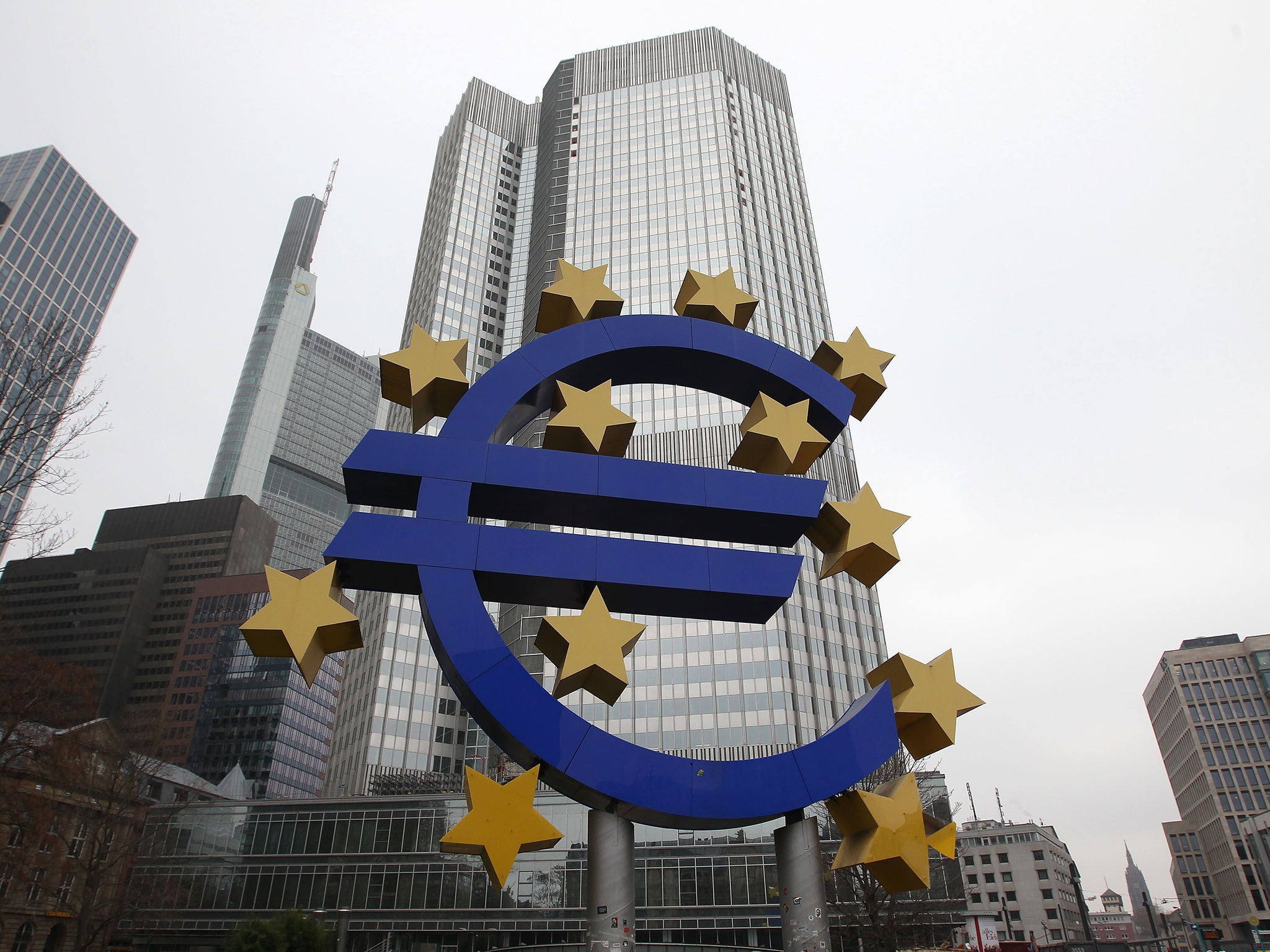Greek bailout: Money always finds a market, come what may in Greece or Syria
Power versus opportunity: politicians' priorities seldom match those of the big financial managers


The priorities and values of financial markets are strange, aren’t they? Or is it rather that the news values of the global media reflect a different reality from the values of finance?
Consider what is happening this weekend. We have all the stuff about Greece and, despite Friday night’s interim agreement, there’s the prospect of more in the months ahead. We have a war still seemingly continuing in the Ukraine, on the borders of the European Union, and an increasingly aggressive neighbour to the East. There are the other global flashpoints, including the Middle East. And just to be parochial, we have the possibility of political instability in the UK, should May’s election prove inconclusive.
Yet the FTSE100 index is within 40 points of its all-time high, and had the Greek deal come through a bit earlier, it might well have gone through it. Sterling is at a six-year high on its trade-weighted index. Other share markets in Europe and North America are doing as well or better, and while the euro has weakened for obvious reasons, the dollar is pretty strong.
How do you explain the contrast? One reason would be that the markets, and the business community in general, have historically been very bad at assessing geopolitical risk. Ten years ago, money was piling into the fringe European countries’ high-yielding bonds on the argument that rates would converge with those of Germany and holders would make a nice capital gain. They did – but only if they got out before the crisis struck. Now rates have converged again, except for those in Greece, with the markets in effect saying that even were Greece eventually to dump the euro, none of the other countries would.
Another way of putting this would be to say that the preoccupations of money managers are different to those of political analysts. The former are simply interested in economic opportunity; the latter more concerned about power. So, whether the US economy will continue to grow strongly is much more important than whether Greece quits the euro. Whether oil prices recover is more important than whether Russia annexes the Crimea. Right now, German economic growth, which has been better than expected, is more important than Europe’s political and military weakness.
There is, however, another explanation, which is certainly associated with the buoyancy of the markets. It is that there is lot of money about and it has to go somewhere. Central banks have printed shedloads of money under the obscure and apparently innocuous heading of “quantitative easing” (QE) and that inflates asset values. This wall of money explains what has happened to share prices, and to bond and property prices, too. The policy has managed to kick-start a global recovery, albeit an uneven one, so in that sense it has been a success despite the impact it has had on inequality of wealth: a boom in asset prices helps those that have assets. It must come to an end, but the happy accident that oil prices have slumped gives the central banks an excuse to carry on with an easy money policy. It is a bit tricky to justify putting up interest rates just as consumer prices go negative. I expect we will get an assurance this week, when Janet Yellen gives evidence to the US Congress, that the Federal Reserve will be very circumspect about the pace at which it raises interest rates.
I suppose you could say that the financial markets, supported by QE, are now saying three things.
The first is that easy money will remain for the foreseeable future. Interest rates will go up, we all know that, but when they do, they will go up so slowly that the recovery will be maintained for a while yet.
That leads to the second, which is that companies around the world will continue to make decent profits. We will all go on buying new cars and iPhones, taking holidays, spending on our homes and so on, for some years yet. The world economy’s present growth phase has taken a while to get going and is certainly uneven, but that means there is still slack before we run into some new brick wall.
The third message is that while dreadful things will happen in global hot-spots these will not be so bad as to undermine everything. It may sound a bit brutal, but so long as the world’s two largest economies, the US and China, prosper, the fact that others such as Russia slump does not matter. It is uncomfortable to have to acknowledge it, but while those two giants keep going, even what the eurozone or Japan does is not that important either.
Still, whatever markets do, it is important to keep human terms in mind. Whatever happens between Greece and the eurozone high command in the real negotiations to come, it would be good to think that ordinary Greek citizens will be treated a bit more generously in the months ahead.
Join our commenting forum
Join thought-provoking conversations, follow other Independent readers and see their replies
Comments
Bookmark popover
Removed from bookmarks